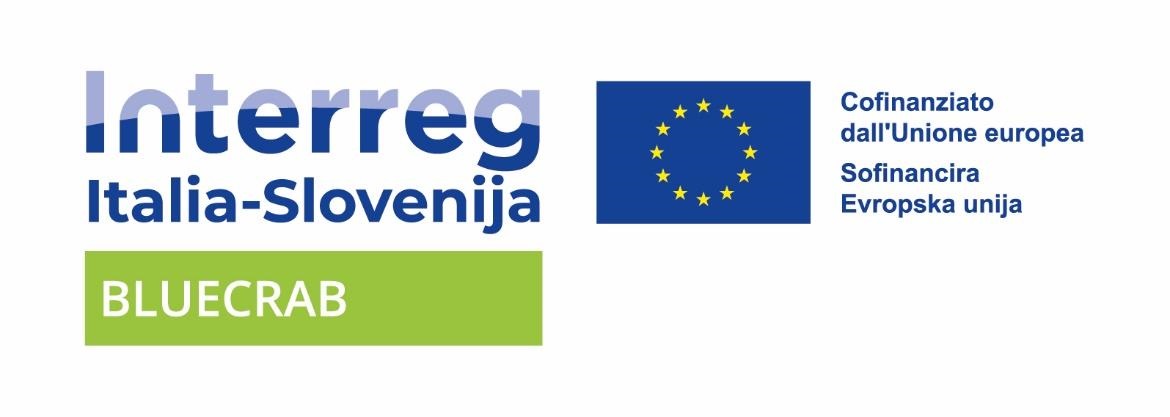BLUECRAB
Blue Crab Lifecycle Understanding and Ecosystem Management in Europe
In the coastal areas of the Northern Adriatic, the extensive biodiversity represents a strategic asset for local economies. However, in recent years these areas are facing a growing environmental emergency: the invasion of the blue crab, a particularly aggressive alien species that is putting local biodiversity and human activities linked to the sea at risk.
The BLUECRAB project aims to protect the areas of the Northern Adriatic, threatened by the invasiveness of the blue crab, through a monitoring/surveillance system and sustainable management of this alien species, with the involvement of institutions, fishing operators and local communities. In its aim of protecting marine biodiversity and supporting fishing activities, the project involves the development of an innovative monitoring system and selective fishing practices that will allow the harmful effects of the blue crab to be mitigated, in a process of dissemination of knowledge and mutual coordination between Italy and Slovenia to deal with the emergency. BLUECRAB therefore envisages the creation of a permanent observatory of scientific and economic studies to mitigate the harmful effects of the blue crab and the development of a cross-border strategy and two action plans tested through two pilot activities: a systematic monitoring activity of the spread of the crab blue, through the use of apps and IT tools, and selective fishing practices for sex and reproduction, together with the development of guidelines to encourage the consumption of this species, with a view to controlling the population at a local level.
The production of these outputs and results will produce positive effects in the long term for both fishing operators and local communities, currently the subjects most affected by the blue crab invasion, especially from an economic and environmental point of view.
The implementation of the BLUECRAB project also involves the establishment of a cross-border partnership made up of business support organisations, public bodies, NGOs and specialized universities and research centers, as well as an important number of associated partners such as Regions, Development Agencies and others institutional bodies, necessary to deal with an environmental emergency that requires an integrated approach and multiple scientific, technical-operational and local knowledge, to effectively deal with the problem.
Info

